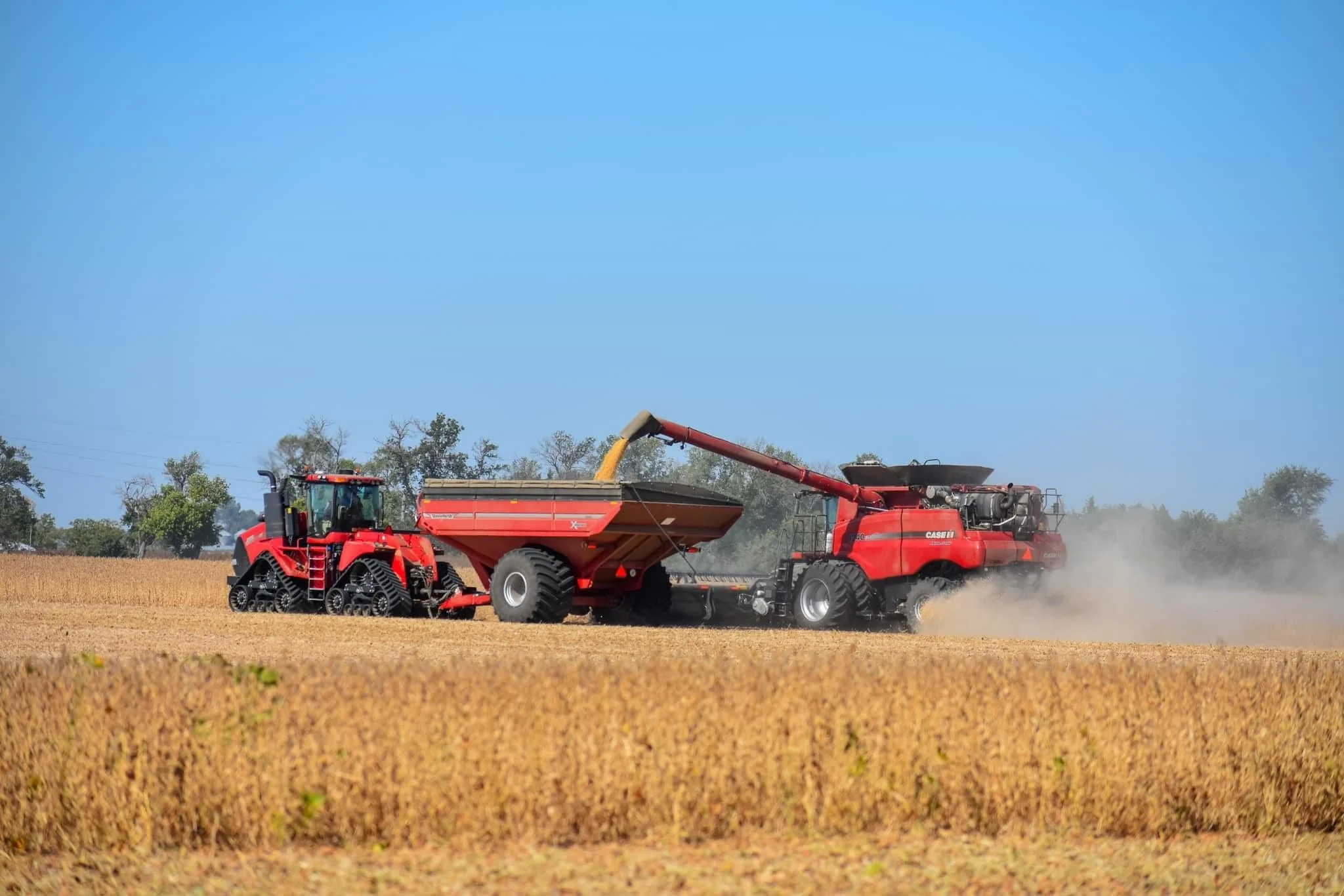RTK Data the way it should be.
It’s Fast, Affordable and overall Better than our competitors.
We use TRUE RTK instead of competitors Virtual reference stations to provide the most accurate LOCAL correction data.
GPS Solar Interference: South Dakota
GPS Error (in)
- Kp < 5 (G0): 0.4-0.8in
- Kp = 5 (G1): 0.8-2in
- Kp = 6 (G2): 2-4in
- Kp = 7 (G3): 4-6in
- Kp = 8, 9- (G4): 6-8in
- Kp = 9o (G5): >8in
Data from NOAA Geomagnetic Network
Forecast applies to Jul 9 - Jul 11
True RTK vs. VRS
1-3cm horizontal AND vertical accuracy
Immediate FIX time.
Agriculture - Construction - Survey
GNSS RTK Technology
High Performance Data: Centimeter-level accuracy (horizontal and vertical)
Compatibility with thousands of GNSS receivers (RTCM 3.2 and NTRIP protocols).
Automatic Base Assignment: Automatically connects to the nearest base station.
Datum Support: Compatible with international and local datum systems.
High quality base stations: Geodetic-grade receivers and antennas, triple frequency and multi-constellation support (GPS, GLONASS, Galileo, BeiDou).
Scalability, Flexibility & Support: customizable solutions, flexible subscription plans, and comprehensive customer support available.
Optional: Enhance your data performance even more with a free local RTK base station, available under certain terms and conditions.
True RTK
Triple-band frequency, 4 constellations and Immediate FIX; outperform competitors VRS networks.
Integration
Hardware Compatibility: Compatible with most GPS receivers, drones, and surveying equipment, ensuring broad usability across different devices.
Standard Protocols: our data supports standard protocols such as RTCM 3.2 and NTRIP.
Data Formats: The system supports common GNSS data formats, including NMEA, RTCM 3.2, and RINEX, ensuring ease of data handling and integration into various software systems.







